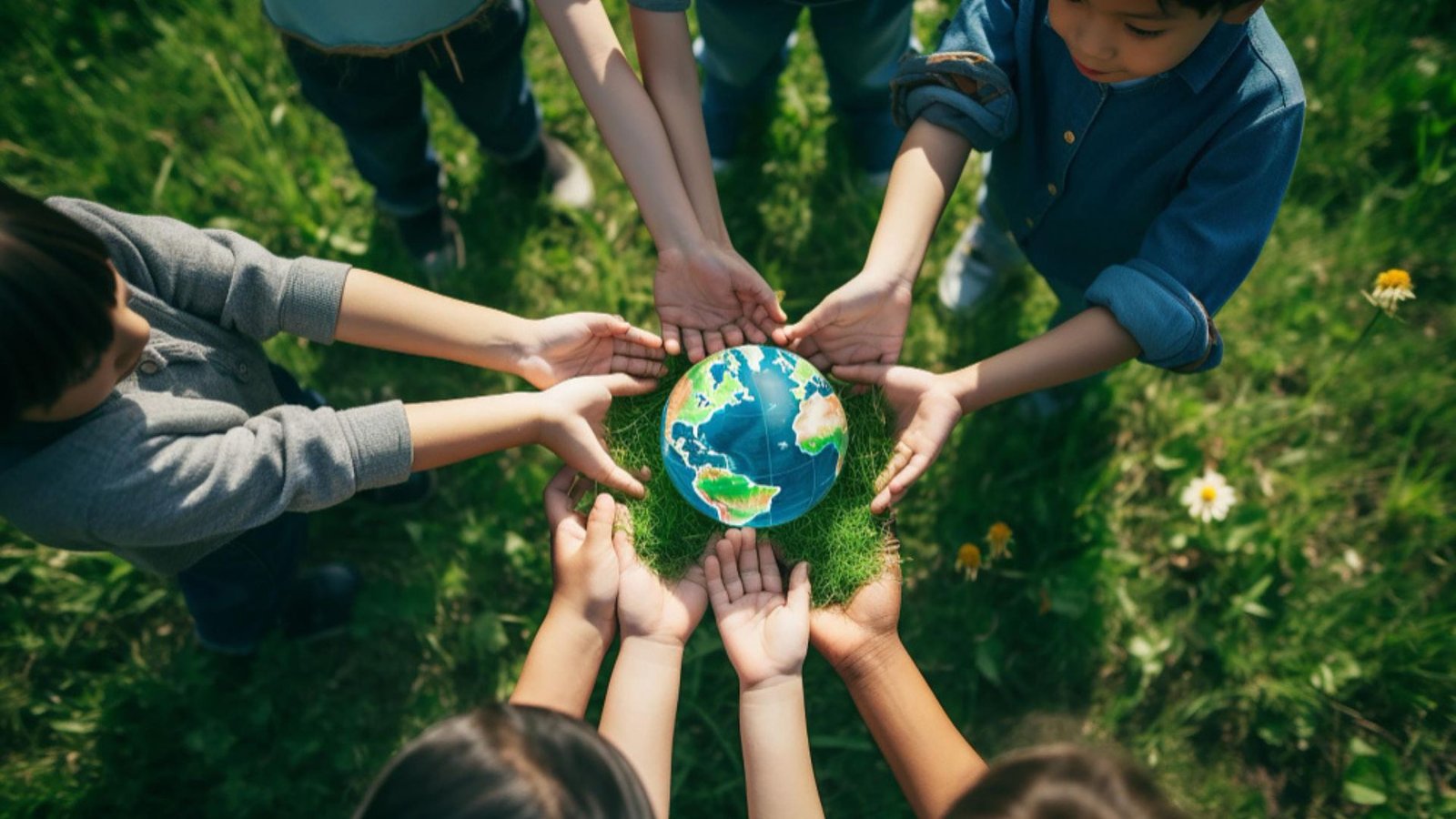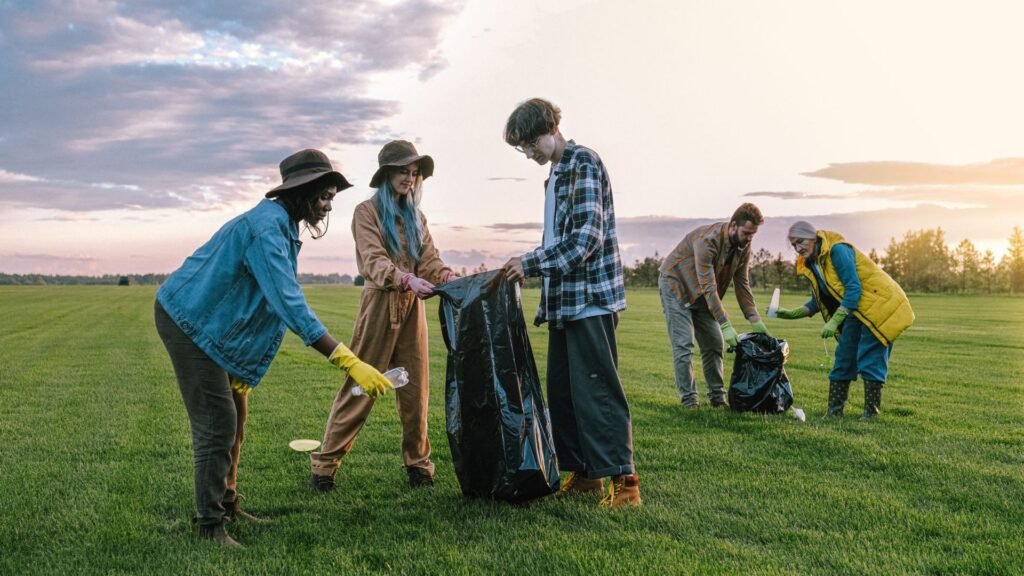Supporting local environmental conservation efforts is essential for protecting natural habitats, preserving biodiversity, and ensuring a sustainable future. By getting involved in local initiatives, individuals and communities can make a significant impact on their environment. This article explores various ways to support and engage in local environmental conservation efforts effectively.

Participate in Community Clean-Up Events
Join or Organize Clean-Up Activities
One of the most direct ways to support local conservation is by participating in community clean-up events. These events often focus on removing litter from parks, rivers, beaches, and other public spaces. If there aren’t any clean-up events in your area, consider organizing one with neighbors, schools, or local organizations. This not only improves the local environment but also raises awareness about the importance of keeping public spaces clean.
Adopt a Local Space
Many communities offer “adopt-a-park” or “adopt-a-road” programs, where individuals or groups commit to maintaining a specific area by regularly cleaning it and monitoring its condition. Adopting a space can be a long-term commitment that helps maintain the beauty and health of your local environment.
Support Local Conservation Organizations
Donate to Environmental Nonprofits
Local environmental organizations rely on donations to fund their conservation projects. By donating money, you can help support initiatives such as habitat restoration, wildlife protection, and educational programs. Even small contributions can make a big difference when pooled together.
Volunteer Your Time
Volunteering with local conservation organizations is a hands-on way to support their efforts. Activities can include tree planting, habitat restoration, wildlife monitoring, or assisting with educational programs. Volunteering not only helps the environment but also provides an opportunity to learn more about local ecosystems and conservation strategies.
Advocate for Conservation Policies
Engage with local conservation groups to advocate for policies that protect the environment. This could involve writing letters to local government officials, participating in public meetings, or signing petitions. Advocacy efforts can lead to stronger environmental regulations and increased funding for conservation projects.
Practice Sustainable Living
Reduce, Reuse, Recycle
Practicing the three R’s—reduce, reuse, and recycle—can significantly lower your environmental footprint. Reducing waste, reusing items, and recycling materials properly helps conserve natural resources and reduce pollution. Consider ways to minimize plastic use, compost organic waste, and choose products with minimal packaging.
Conserve Water and Energy
Water and energy conservation are crucial for reducing environmental impact. Simple actions like fixing leaks, using energy-efficient appliances, and reducing water usage in daily activities can help conserve these precious resources. Supporting local water and energy conservation initiatives can also amplify your impact.
Choose Sustainable Transportation
Opting for sustainable transportation methods, such as walking, biking, carpooling, or using public transit, reduces greenhouse gas emissions and lowers your carbon footprint. Supporting local initiatives that promote bike lanes, public transit, and electric vehicle infrastructure can further enhance your community’s sustainability.
Conclusion
Supporting local environmental conservation efforts is a powerful way to protect the natural world and contribute to the health and sustainability of your community. Whether through participating in clean-up events, supporting conservation organizations, practicing sustainable living, or engaging with local government, every action counts. By working together, we can ensure that local ecosystems thrive and that future generations inherit a healthy, vibrant planet.

